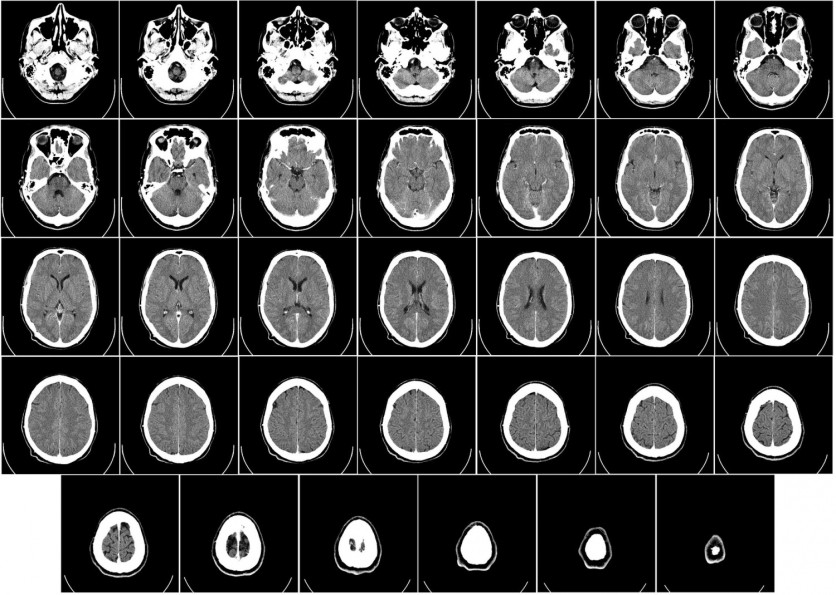Hong Kong is set to witness significant development in the field of medical technology as the Centre for Artificial Intelligence and Robotics (CAIR), a research center under the Chinese Academy of Sciences (CAS), plans to introduce a cutting-edge robotics system for brain surgery in the near future, reported by SCMP.
Despite facing challenges such as a shortage of talent and limited availability of artificial intelligence (AI) chips, CAIR has successfully conducted three cadaver trials using its MicroNeuro robot.

Deep Brain Surgery
Liu Hongbin, the executive director of CAIR, revealed in an interview with the Post that the MicroNeuro robot is capable of performing deep brain surgery in a minimally invasive manner.
Traditionally, brain surgery involves surgeons using rigid tools and creating large openings on a patient's scalp, which often results in damage to healthy brain tissue.
The innovative approach proposed by CAIR aims to utilize AI and technological advancements to significantly reduce the invasiveness of these procedures.
The robotic system developed by CAIR incorporates a small and flexible instrument along with a navigation system powered by AI and augmented reality. This combination enables surgeons to perform brain surgery with reduced brain tissue damage, reportedly by at least 50%.
Collaborative trials with the Prince of Wales Hospital in Hong Kong have already demonstrated the robot's effectiveness in carrying out minimally invasive brain surgeries such as endoscopic third ventriculostomy and pineal biopsy, which are commonly employed in the treatment of brain tumors located in the central region.
CAIR is currently focusing on refining the robotic system to meet regulatory requirements before its widespread implementation. With the aim of commencing clinical trials in the near future, CAIR is eagerly awaiting approval from the Hospital Authority in Hong Kong.
Established in 2019 as part of the Chinese government's initiative to transform Hong Kong into an innovation and technology hub, CAIR benefits from funding provided by the state-run CAS and Hong Kong's InnoHK initiative.
The research center has enjoyed the advantages of collaboration with the city's universities, which have nurtured numerous talented young researchers.
CAIR's Challenges
However, CAIR faces the challenge of sourcing experienced engineers proficient in electronics design and professional software development. To overcome this obstacle, CAIR has plans to relocate skilled engineers from mainland China to Hong Kong, ensuring a diverse pool of expertise and knowledge exchange, as per SCMP's report.
Apart from the scarcity of talent, CAIR also confronts limitations in AI computing power. The recent reinforcement of chip export regulations by the United States has impacted the accessibility of advanced AI chips, including those produced by Nvidia, a leading player in the field of AI computing.
To address this issue, CAIR is actively exploring a partnership with Huawei Technologies to investigate the feasibility of utilizing the Chinese tech giant's AI computing server.
Although Huawei's product is relatively new in comparison to Nvidia's, CAIR maintains an optimistic outlook and is confident in finding a viable solution to overcome the computing power constraint.
The introduction of AI-driven robotics for brain surgery in Hong Kong represents a significant leap in medical technology. As CAIR continues to overcome challenges and refine its robotic system, the future of brain surgery holds the promise of reduced invasiveness and improved patient outcomes.
Related Article : Experimental Gene Therapy Changes the Life of Polish Schoolgirl With Unusual Brain Condition

ⓒ 2026 TECHTIMES.com All rights reserved. Do not reproduce without permission.




